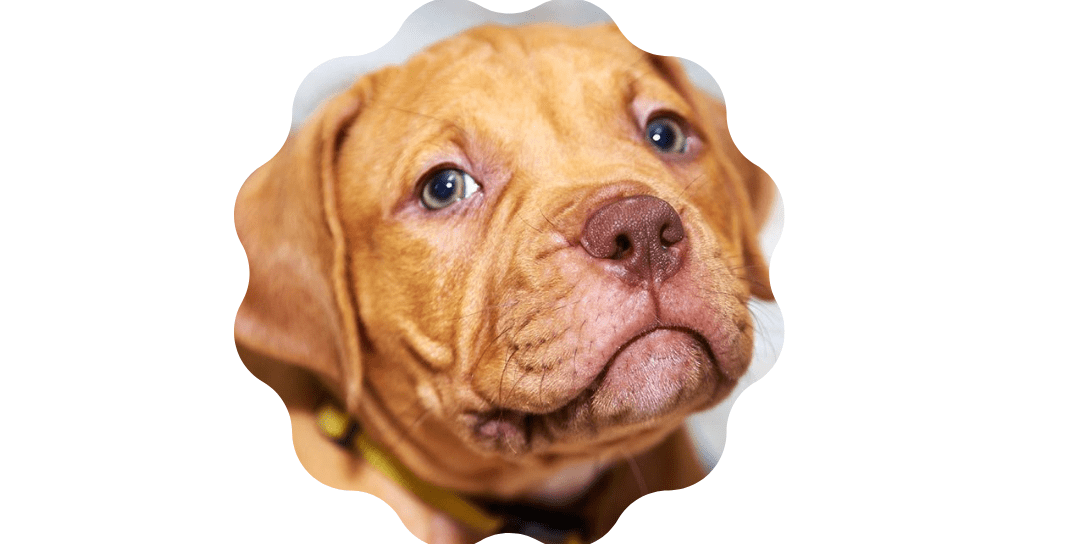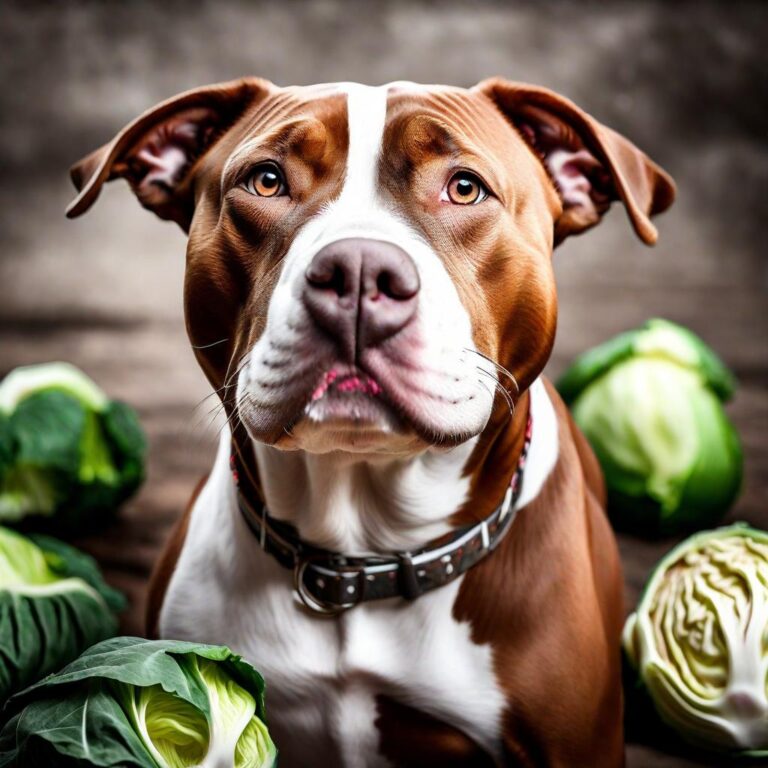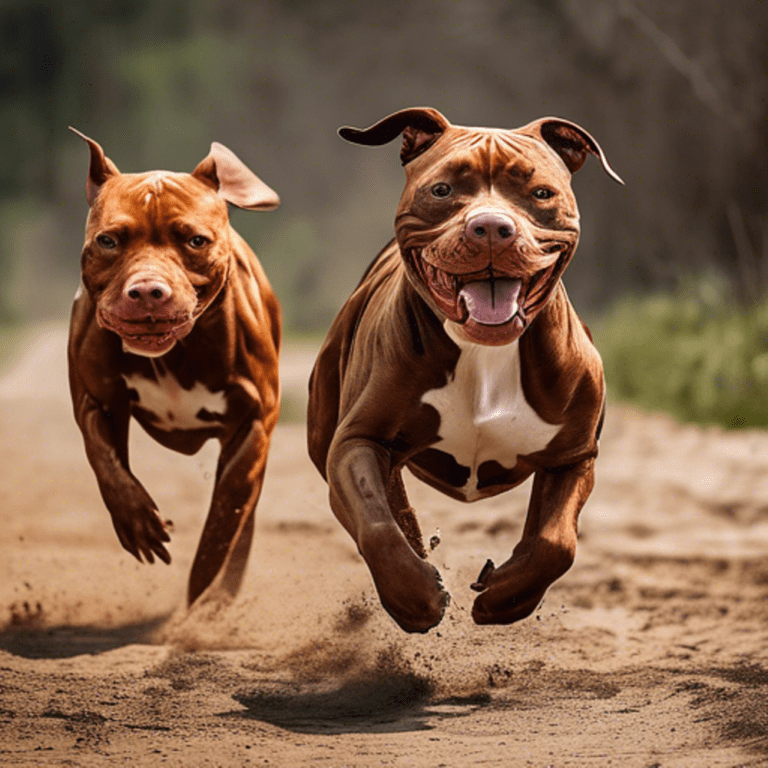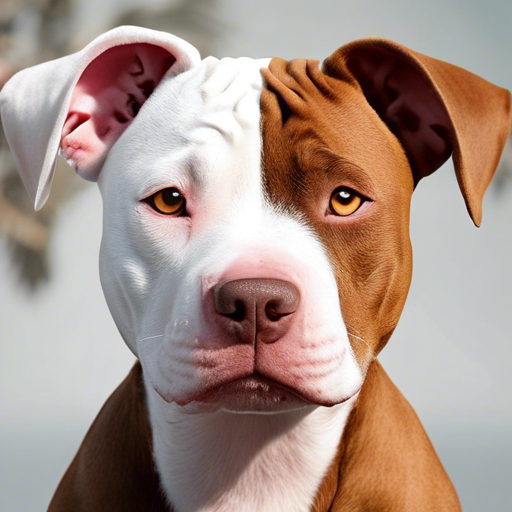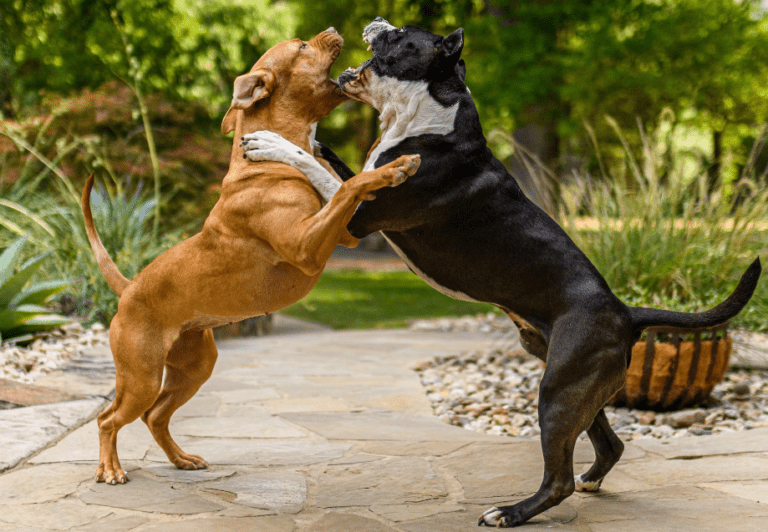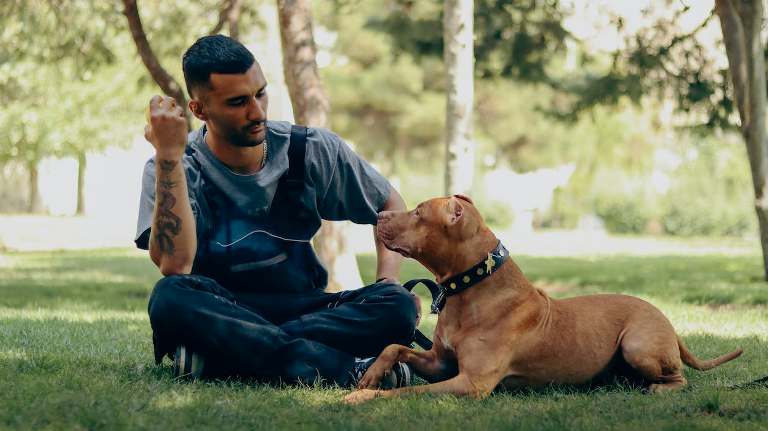Understanding Pitbulls with Red Noses: What Makes Them Special?
Pitbulls with red noses have garnered attention for their distinctive appearance and unique traits. Originating from the same lineage as other Pitbull breeds, these dogs possess certain characteristics that set them apart. In this comprehensive guide, we delve into the history, physical attributes, temperament, health considerations, and more to gain a deeper understanding of what makes these dogs special.
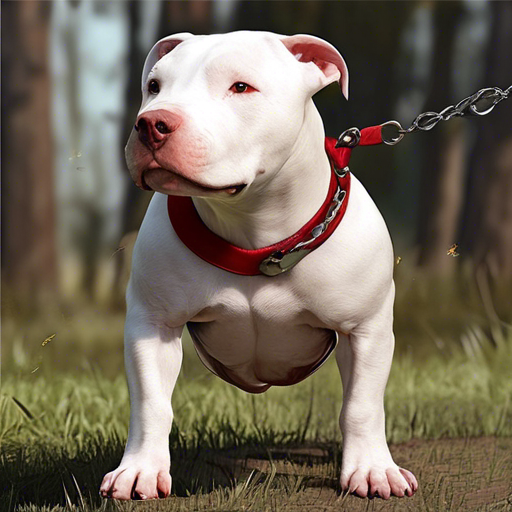
Introduction
Pitbulls with red noses, often referred to simply as “red nose Pitbulls,” are a variation within the broader Pitbull breed. While they share many traits with other Pitbulls, they are distinguished by their distinctive red-colored noses, which add to their charm and allure. Understanding the nuances of red nose Pitbulls is essential for both current owners and those considering bringing one into their family.
History of Pitbulls with Red Noses
The history of red nose Pitbulls is intertwined with that of the Pitbull breed as a whole. Originating in the United Kingdom in the 19th century, Pitbulls were initially bred for bull-baiting and later gained popularity in various roles, including farm dogs and family companions. The red nose variation is believed to have emerged from specific breeding practices aimed at preserving certain traits within the breed.
Physical Characteristics
Red nose Pitbulls exhibit many of the same physical characteristics as other Pitbulls, including a muscular build and short coat. However, their defining feature is their distinctive red-colored noses, which can vary in shade from light pink to deep red. This unique trait adds to their visual appeal and sets them apart from other members of the Pitbull family.
Temperament and Behavior
Contrary to common misconceptions, red nose Pitbulls are known for their gentle and affectionate nature. With proper socialization and training, they can be excellent family pets, displaying loyalty and devotion to their owners. Like all dogs, individual temperament may vary, but red nose Pitbulls are generally known for their friendly disposition and love for human companionship.
Health Considerations
While red nose Pitbulls are generally healthy dogs, they may be prone to certain genetic health issues common among Pitbull breeds. These can include hip dysplasia, skin allergies, and heart problems. Regular veterinary check-ups and proper care are essential for ensuring the well-being of red nose Pitbulls throughout their lives.
Training and Socialization
Training and socialization are crucial aspects of responsible red nose Pitbull ownership. These dogs are intelligent and eager to please, making them responsive to positive reinforcement training methods. Early socialization with people, other animals, and various environments helps to ensure that red nose Pitbulls grow into well-adjusted and confident companions.
Exercise Needs
Red nose Pitbulls are active dogs that require regular exercise to maintain their physical and mental health. Daily walks, playtime, and interactive games are essential for preventing boredom and excess energy. Providing adequate exercise outlets also helps to prevent behavioral issues such as destructive chewing or excessive barking.
Nutritional Requirements
Proper nutrition is key to supporting the health and well-being of red nose Pitbulls. High-quality dog food formulated for their specific needs, based on factors such as age, activity level, and any underlying health concerns, is recommended. Feeding schedules should be consistent, with portion sizes tailored to prevent obesity and maintain a healthy weight.
Grooming Tips
Red nose Pitbulls have short, low-maintenance coats that require minimal grooming. Regular brushing helps to remove loose hair and promote healthy skin and coat. Additionally, attention should be given to dental hygiene and ear cleaning to prevent dental problems and ear infections.
Legal Considerations
Despite their gentle nature, red nose Pitbulls may face discrimination due to breed-specific legislation in certain areas. Prospective owners should familiarize themselves with local laws and regulations regarding Pitbull ownership and advocate for fair treatment and responsible pet ownership practices.
Myths and Misconceptions
Red nose Pitbulls are often unfairly stigmatized due to misconceptions perpetuated by media portrayals and breed stereotypes. It’s essential to challenge these myths and educate others about the true nature of these dogs as loving, loyal companions. By promoting positive Pitbull representation, we can help change perceptions and foster greater understanding and acceptance.
Responsible Ownership
Responsible breeding practices and ownership are paramount to the well-being of red nose Pitbulls and all dogs. This includes proper vetting of breeders, ethical breeding standards, and ongoing support for puppy buyers. Additionally, advocating for breed-neutral legislation and promoting positive breed representation can help ensure a brighter future for red nose Pitbulls and their owners.
Community and Resources
Finding support networks and resources dedicated to red nose Pitbulls can be invaluable for owners seeking guidance and camaraderie. Online forums, breed-specific clubs, and rescue organizations are excellent sources of information and assistance. Connecting with fellow enthusiasts allows for the sharing of experiences and best practices for red nose Pitbull care and advocacy.
Famous Red Nose Pitbulls
Throughout history and popular culture, red nose Pitbulls have made their mark as beloved companions and symbols of resilience. From famous dogs in literature and film to real-life heroes and ambassadors for the breed, these dogs have left a lasting legacy that highlights their unique qualities and positive impact on the lives of their owners.
Conclusion
In conclusion, red nose Pitbulls are special dogs with much to offer as loving and loyal companions. By understanding their history, physical characteristics, temperament, and care needs, we can better appreciate the unique qualities that make them stand out within the Pitbull breed. Through responsible ownership and advocacy, we can ensure that red nose Pitbulls receive the love, care, and respect they deserve.
FAQs
Are red nose Pitbulls aggressive?
- No, red nose Pitbulls are not inherently aggressive. Like all dogs, their behavior is influenced by factors such as upbringing, training, and socialization.
Do red nose Pitbulls require special care?
- While red nose Pitbulls do not require special care beyond what is typical for the breed, they may have specific health considerations due to their genetic makeup. Regular veterinary check-ups and proper nutrition are essential for their well-being.
Are red nose Pitbulls good with children?
- Yes, red nose Pitbulls can be excellent family pets and are often known for their gentle and affectionate nature towards children when properly trained and socialized.
Do red nose Pitbulls have higher energy levels?
- Red nose Pitbulls are active dogs that require regular exercise to stay healthy and happy. They may have higher energy levels compared to some other breeds, but with proper outlets for physical and mental stimulation, they can make well-behaved companions.
Can red nose Pitbulls live in apartments?
- While red nose Pitbulls can adapt to apartment living, they thrive best in environments where they have ample space to exercise and explore. Regular walks and playtime are essential for meeting their physical and mental needs regardless of living situation.
